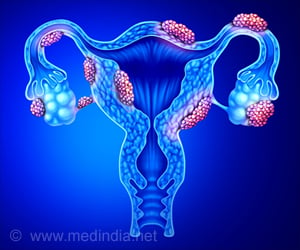Scientists at Queensland University of Technology are one step closer to developing a world-first vaccine to protect women against contracting the most common sexually-transmitted disease, Chlamydia.
Scientists at Queensland University of Technology are one step closer to developing a world-first vaccine to protect women against contracting the most common sexually-transmitted disease, Chlamydia.
A major international vaccine company has awarded QUT a funding boost of more than $300,000 to continue its research into Chlamydia and work towards developing a vaccine specifically targeting adolescent women.Professor Peter Timms, from QUT's Institute of Health and Biomedical Innovation (IHBI), said a team of researchers had already identified certain proteins that were able to protect against Chlamydia infection.
"We've been testing these proteins as part of animal trials...and we think we've got the answer. It is possible that within three to five years we'll be finished the animal trials and be looking at clinical trials in humans."
Professor Timms said the funding would allow QUT to evaluate the effectiveness of Chlamydia prevention methods developed at the university, as well as compare and test possible other prevention methods being developed.
He said once a vaccine had been developed it could be administered via a patch, similar to ones used by smokers for nicotine.
"Patches are a good way to deliver proteins to a part of the body's immune system and they are also easy and user-friendly."
Advertisement
"Chlamydia is the most common infectious disease in the world and results in infertility in women and long-term chronic pelvic pain," he said.
Advertisement
Professor Timms said the fact that a large vaccine company had selected QUT to help develop Chlamydia vaccines points to the value of the work being done at the university.
"Despite this current injection of funds, further work and funding is still needed to take this current research through to a vaccine product," he said.
QUT researchers working on the project are part of IHBI's Cells and Tissue Domain and include Professors Peter Timms, Ken Beagley, Associate Professor Louise Hafner, Celia Berry and Chris Barker.
Source-Bio-Bio Technology
SRM









